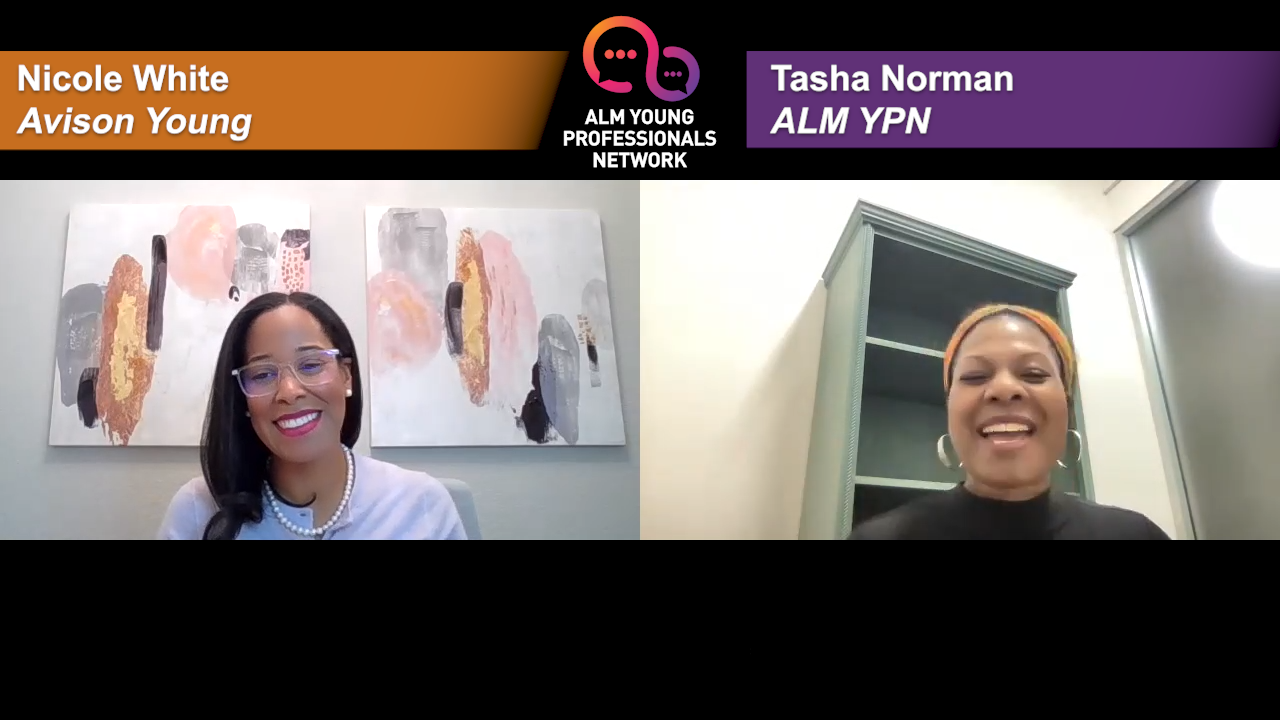[IMGCAP(1)]
SAN DIEGO—Those keeping up with legislative issues affecting brokerage in the California real estate market are probably aware of the newly amended dual-agency disclosure law. As GlobeSt.com reported in August 2014, the desire to protect tenants from disadvantages due to lack of transparency is what spurred proponents to push for the disclosure bill SB 1171, which went into effect Jan. 1. Earlier today, we posted a commentary from real estate law firm Allen Matkins explaining its perspective on the law and how it impacts commercial real estate. Here, we spoke with brokers from a few of the top full-service commercial real estate brokerage firms to get their take on how this amended law will impact the firms, their clients and the commercial real estate industry in California.
As the Allen Matkins commentary explained,as of the first of this year, the duty of a real estate agent to disclose in writing his or her representation of a buyer, seller, tenant and/or landlord, including any dual agency relationship, in residential real property transactions extended to transactions involving commercial real property. “By its supporters, the amended disclosure law has been touted as 'significant,' 'putting teeth in a new protection' and no less than 'changing the face of commercial realty in California.' For those who read the law and know the industry, however, all of the ballyhoo over the additional disclosures is enough to leave an agent scratching his or her head.”
The brokers we spoke with agreed. “It's interesting because this new bill isn't really a new law—it's a piece of paper required in our transactions now,” John Frager, executive managing director of CBRE, tells GlobeSt.com. “The disclosing of dual-agency situations has always been the law. We've always included it early in the process work with clients to understand and manage it and handle conflicts. Someone on the residential side brought to the state's attention that these forms have to be included, but all the leading full-service firms have always advocated transparency-of-agency relationships; we understood it was required by law in California. Disclosing dual agencies is definitely not new—we've just got a new form to fill out.”
[IMGCAP(2)]
Steve Rosetta, vice chairman and market leader of San Diego County tenant representation for Cushman & Wakefield, echoes Frager's sentiments. “It's really more of a required piece of paper than a change in the way we do business,” he tells GlobeSt.com. “Dual agency has always been required to be disclosed. It's more of an administration change.”
Rosetta adds that clients who work with full-service commercial real estate firms are sophisticated enough to understand how the industry works. “Tenant-rep-only firms instill fear into their prospects in the form of conflict of interest. I personally don't feel that fear is justified. I see it as a marketing ploy. We're taking this very seriously because it's legislative action, but I feel it doesn't really change anything materially. It's nothing that we're all worried about—it's more marketing than anything.”
Frager says it seems as though some proponents of the disclosure amendment are “trying to position it as a parallel between the legal industry and the commercial real estate industry. The existence of dual-agency conflicts is different in commercial real estate. In the legal industry, you can't represent both a plaintiff and a defendant. In CRE, we're looking for the best solution for our clients, and information drives decision-making and results for our clients. The proof is that CRE clients recognize that and seek out full-service firms. The smaller, boutique firms seem to be the ones trying to spin this.”
[IMGCAP(3)]
Jay Alexander, managing director of Jones Lang LaSalle, tells GlobeSt.com he's not aware of anyone making inaccurate statements about the dual-agency law or the reason behind it, “but there's a lot of misunderstanding about what it means. I looked at it and said, 'It's really not that big of a deal for us larger, full-service firms.' ”
Alexander points out that his firm's brokerage purchased the Staubach Co. several years ago, a firm that was famous and lauded for its integrity. “We're one of the top most-ethical firms in the country, and we've been way ahead of this law internally. We always disclosed dual agency; the difference now is that we have to get a disclaimer document signed by the tenant and the landlord initially when a tenant rep engages with the tenant, and we have to put that in our listings, and when we start working on the transaction, we have to get it signed again. But it's in there with all of our letters of intent. Tenant-rep firms are going to use this as an example of 'you can't use full-service firms.' But I have an agency perspective, and I have a great relationship with tenant-rep brokers, and I've heard no issues from any of them at all—no misinterpretation or anything.”
Alexander summed up his sentiments with the following: “Our business is laced with conflict, so no one can ever remove any conflict from our business. It's a battleground every day. It's not avoiding conflicts; it's how you manage and disclose them. As long as you do that, you won't have a problem.”
Want to continue reading?
Become a Free ALM Digital Reader.
Once you are an ALM Digital Member, you’ll receive:
- Breaking commercial real estate news and analysis, on-site and via our newsletters and custom alerts
- Educational webcasts, white papers, and ebooks from industry thought leaders
- Critical coverage of the property casualty insurance and financial advisory markets on our other ALM sites, PropertyCasualty360 and ThinkAdvisor
Already have an account? Sign In Now
*May exclude premium content© 2025 ALM Global, LLC, All Rights Reserved. Request academic re-use from www.copyright.com. All other uses, submit a request to [email protected]. For more information visit Asset & Logo Licensing.








